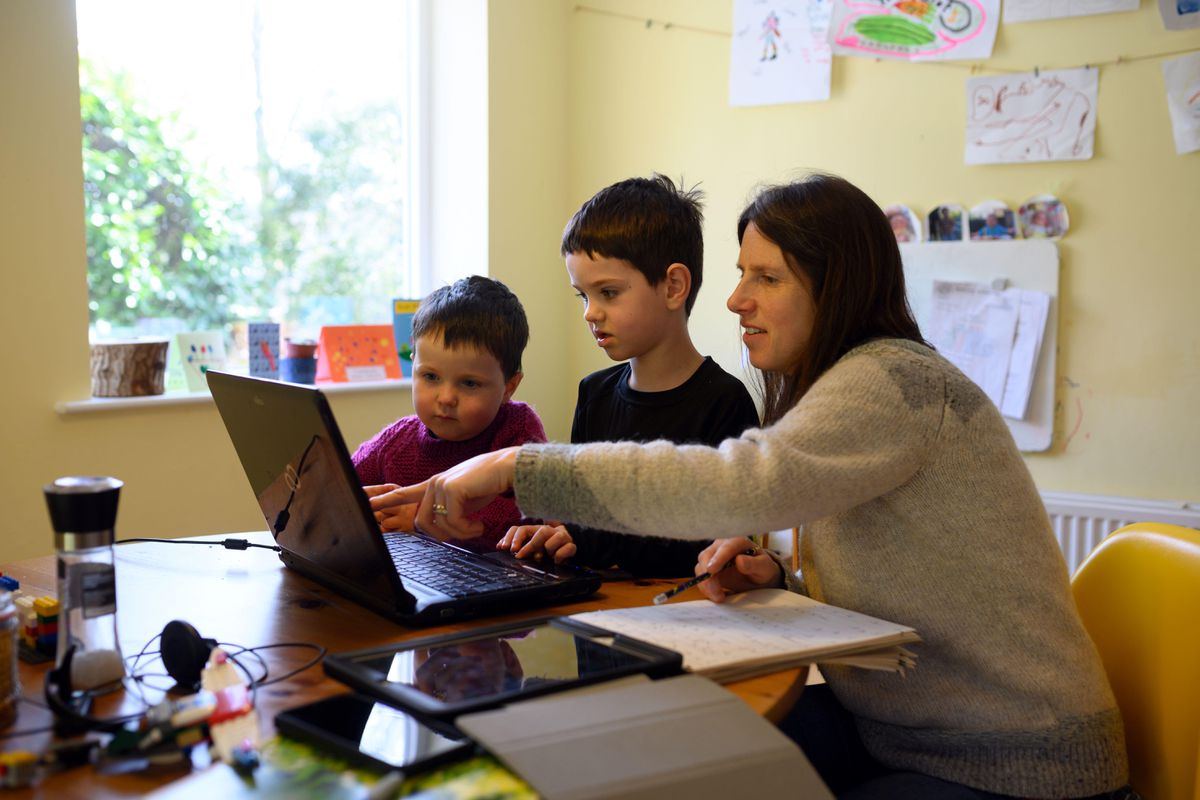
How to Support a Foster Child in their Education
Education is a pivotal part of every young person’s development. It serves to show them what they can do, who they are, and where they want to go in life. So, it goes without saying that these are all important things. Yet, there is sometimes a journey to work through between the carer, child, and fostering agency around school engagement. These are some ways that a foster carer can help.
Work Collaboratively
One of the best ways forward is to work collaboratively with your agency. There will be a dedicated social worker for both you and your child, and many agencies like orangegrovefostercare.co.uk strive to support both of you in the best way possible. Working as a team is the only way to ensure that every voice advocating for the young person in question understands exactly what’s on the table and how you are all going to move things forward.
Speak Up
Sometimes, educational settings do not have the provision or teaching support teams to fully appreciate the needs of your young person. This is where you can really step up and be the biggest advocate for what they need and how to develop a plan filled with positive outcome potential. Don’t give up, and never be afraid to speak out for what you believe is the most appropriate course of action. Some schools focus heavily on behaviour management, which is a direct way to disengage a pupil, especially those who may face additional challenges in this setting. You can steer the ship in a different direction and offer alternative strategies that would better facilitate a re-engagement.
Communicate with Your Foster Child
Don’t forget that your foster child is also a part of this conversation, and their voice deserves to be heard. It is never immediately clear what the reasons behind a lack of engagement in education are, and this is your number one job to discover. Take your time and build the foundation of trust before you get to the bottom of why they are struggling with school. Once they feel able to speak with you about their concerns, it will make everything easier moving forward.
Leave School at School
Sometimes, a great and effective strategy is to make sure you are leaving school at school. This means your home environment should have a significant degree of separation. If they want to talk about their school day, then welcome it with open arms. If they don’t, steer clear of pushing them into it. Children often need to do nothing and think about anything but their education when they come home after a day filled with personal challenges. You can support them with this by providing a healthy meal, a relaxing environment, and a completely non-judgmental arena for them to authentically unwind in before they start all over again in the morning. The value of this cannot be put into words.
Education is never going to be a straightforward thing, and it’s not just children in care that may face certain struggles. Foster carers can and should work hard to facilitate engagement while ensuring the primary focus is the young person’s well-being.